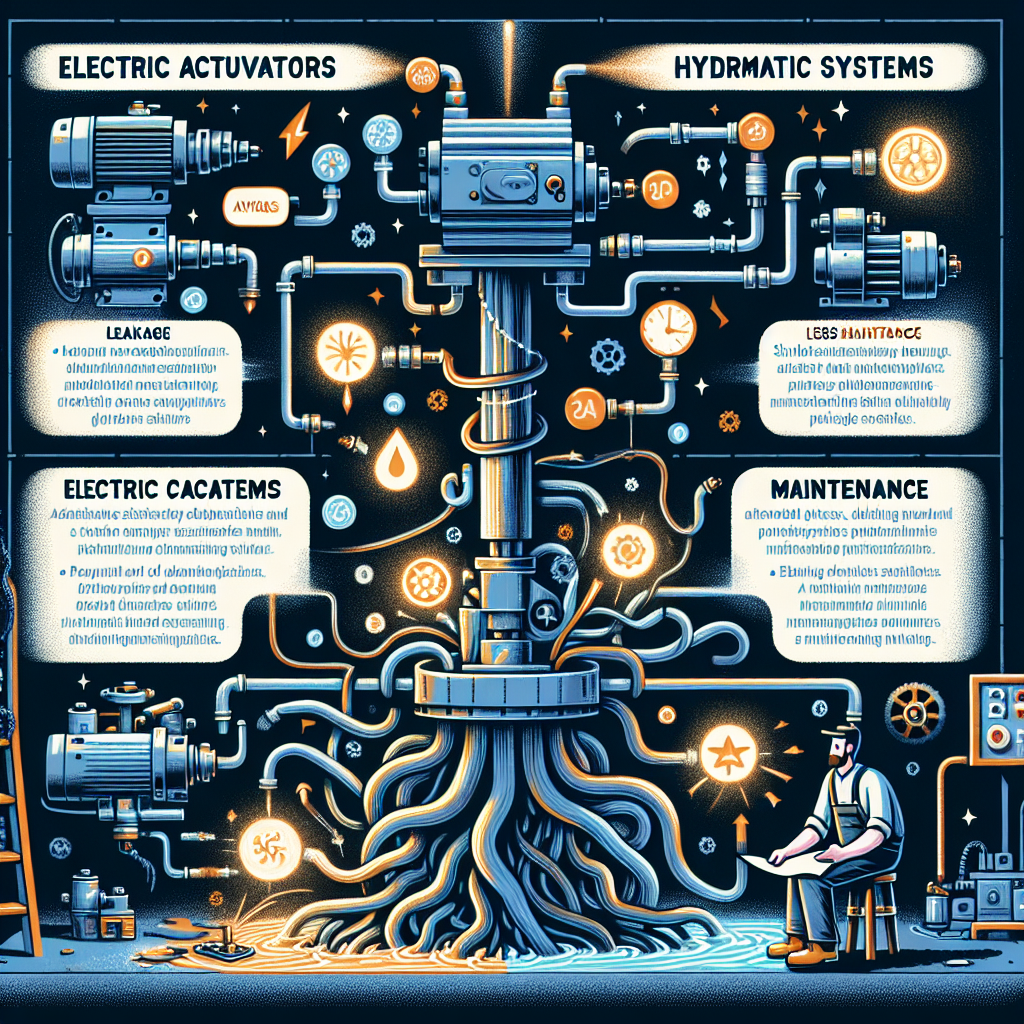Advantages of Electric Actuators over Hydraulic and Pneumatic Systems
Electric actuators are becoming increasingly popular in various industries due to their numerous advantages over hydraulic and pneumatic systems. These advantages include efficiency, precision, reliability, and cost-effectiveness.
One of the main advantages of electric actuators is their efficiency. Unlike hydraulic and pneumatic systems, which require constant energy input to maintain pressure levels, electric actuators only consume energy when in use. This results in lower energy consumption and reduced operating costs. Additionally, electric actuators are more environmentally friendly as they do not rely on oil or other potentially harmful fluids.
Another key advantage of electric actuators is their precision. They are able to provide highly accurate and repeatable motion control, making them ideal for applications that require precise positioning and control. This level of precision can result in improved product quality and consistency, as well as reduced waste.
Electric actuators are also known for their reliability. They have fewer moving parts than hydraulic and pneumatic systems, which means less potential for failure and maintenance. This results in increased uptime and productivity for businesses that rely on these systems for their operations.
Furthermore, electric actuators are often more cost-effective in the long run. While the initial investment may be higher than hydraulic or pneumatic systems, the lower energy consumption, reduced maintenance costs, and longer lifespan of electric actuators can result in significant savings over time.
In conclusion, electric actuators offer numerous advantages over hydraulic and pneumatic systems, including efficiency, precision, reliability, and cost-effectiveness. Businesses looking to improve their operations should consider the switch to electric actuators to increase productivity and reduce costs in the long run.


